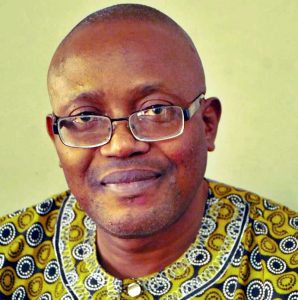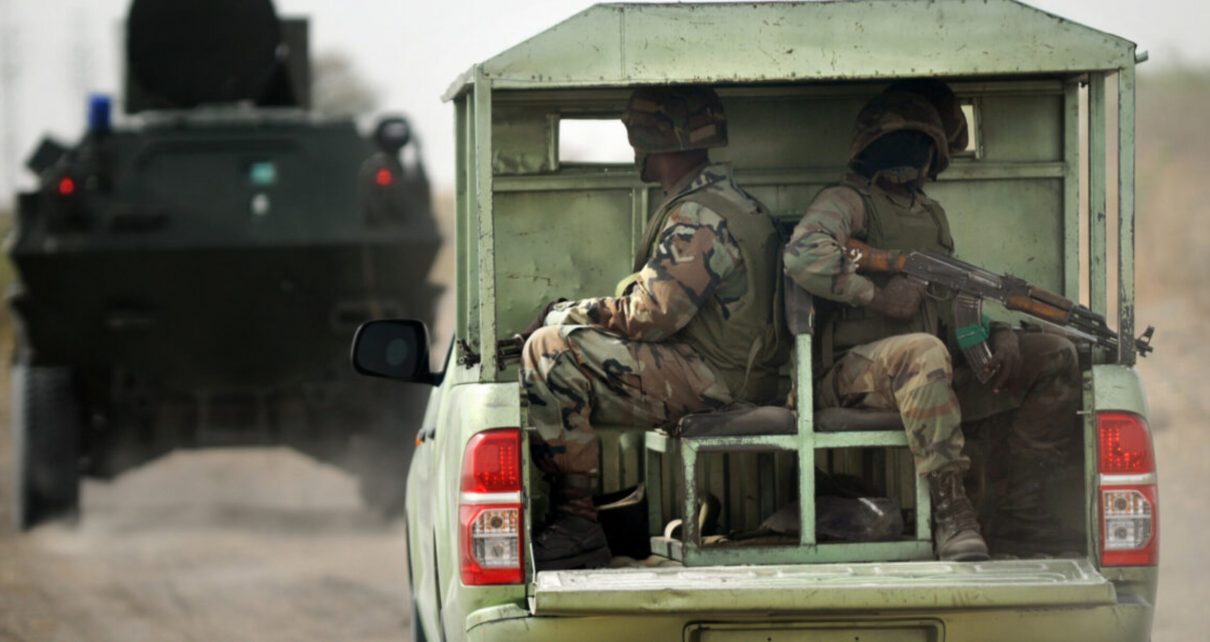
IT was one of the sad days that reminded Nigerians of the deep trouble to which they have been led. Tuesday, July 5, 2022. On that day, a convoy of presidential vehicles conveying the advance team of military, presidential guards, media and protocol officers was on its way to Daura, the home town of President Muhammadu Buhari when it was “ambushed” by bandits.
The convoy extricated itself and went on to its destination. A number of questions arise. Why would such a team travel four days ahead of the Sallah holidays the President was going to celebrate? Who pays for their upkeep and travel allowances? It might be understandable that security men were going to join the presidential team permanently on ground in Daura, but deploying media officers four days before a private celebration, surely is wasteful.
But that is not the main issue here; what is primary is: what did the convoy do after escaping the so-called ambush? Did it take the civilians in the convoy to a safe distance and return to fight the bandits? If it had insufficient men and arms at that point, did it call for backup? Did it make sense that the presidential convoy went on its way while hapless, unarmed Nigerians were left at the mercy of those bandits to be killed, kidnapped and extorted?
Nigerians have always known that the Buhari government has abandoned them to their own fate. But that was not all for that day. At about 10 pm, groups of armed terrorists marched undetected to the Kuje Correctional Centre, blew up the wall and operated for two hours with little challenge. They had enough time to call out their members from the cells, preach to the frightened inmates, distribute money for detainees to transport themselves and then set the facility on fire.
A total of 879 inmates were freed, four died in the attack, and 16 sustained injuries. A security personnel is known to have died in the attack. It is not clear who killed the inmates or how they died as they were not the targets of the terrorists. For the terrorists, it was mission accomplished as they successfully freed their 64 members held in the facility, carried out serious damage and inflicted a deep wound in the psyche of the country.
It was a general assumption that the correctional facility which housed high-profile detainees would be a target of the terrorists and, apparently, measures were put in place to defend it.
Interior Minister, Ogbeni Rauf Aregbesola, in assessing the attack, lamented: “I am disappointed by the level of defence by the team that was deployed here to protect the facility. We had enough officers and men to protect this facility but unfortunately, they could not hold their grounds effectively and that was the reason for the breach. Otherwise, the facility itself is a world-class custodial centre…Kuje is the most fortified in the country, if fortification for security is the determinant of whether it is medium or maximum; it is medium by size but maximum by the security being put there. We have a platoon of soldiers deployed here. We have the high grade of military and police and other security forces deployment for protection but strangely something happened most of which I cannot say on camera.”
So what happened? Apparently, the bulk of the security forces on ground either ran away or lay low for the insurgents to complete their mission. It should also be noted that Kuje is within reach of various security formations, including the army, immigration and prison barracks, and the whole security system at the Nnamdi Azikiwe International Airport. So, why no immediate coordinated response? The answer may partly lie in the lack of commitment, motivation and readiness of the security forces to sacrifice for the country.
The next day, President Buhari, on his way out of the country to participate in a development conference in Dakar, stopped over for 30 minutes to examine the wreckage of the prison. Some felt that with the brazenness of the attacks that day, the killing of 30 soldiers and seven policemen at Shiroro three days earlier and growing insecurity, Buhari should have stayed on in the country to personally handle an emergency. This is more so when in June he travelled out four times paying visits to Spain and Portugal and attending the Commonwealth meeting in Kigali.
But the Presidency has a different view. It argued that “governments don’t stop working because nations face terrorist threats”. I am not sure the import of this as Buhari sitting down to tackle an emergency situation would have shown the government is truly working. However, the Buhari government was adamant about his Dakar trip, arguing that: “To cancel the trip to Senegal would mean that the terrorists are successful in calling the shots, something that no responsible government in the world will allow.”
I agree; more so when the security problem has spun out of hand. If President Buhari were to face the security challenges, the ‘international President’ would have no time jetting across the world.
But Nigeria has not always been like this. There was a Nigeria when there was peace. When a citizen’s religion, region or ethnicity was not a determinant factor. A Nigeria in which citizens travelled at any time, anywhere without fear. That was a pre-December 31, 1983 Nigeria before the military seized power from the Shagari presidency and pushed the country down the slope. Three regimes were responsible for driving Nigeria into this valley of lawlessness.
The first is the Buhari military regime which imposed impunity, rule of might, ousting the jurisdiction of the courts, imposing retroactive laws, repression of the media, students and social activists and carrying out the mass sack of workers. A palace coup in August 1985 saw its replacement by the Babangida regime which continued the backward policies of Buhari while introducing its own dimension which included ruinous economic measures under the IMF-imposed Structural Adjustment Programme, SAP; theft of public wealth in the guise of privatisation and the private ownership of the public treasury. We were yet to recover from these disasters when the mindless Abacha regime surfaced to reinforce the misrule while adding its killer squad signature.
The country was further degraded by the rise of contemporary terrorism in which local and international terrorists contest for space and power with the state. With the current Buhari government unable to defend its armed convoys, correctional centres and territorial space, the calls even by governors and the clergy for self-defence, is not out of place. Indeed, we cannot continue with a situation where the only two armed groups in the country are the government and the criminals while the populace is game.
- Owei Lakemfa is a journalist, labour and social rights activist and host of Diplomatic Hour, Citizen FM, Abuja.


